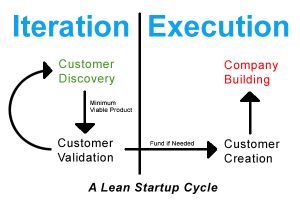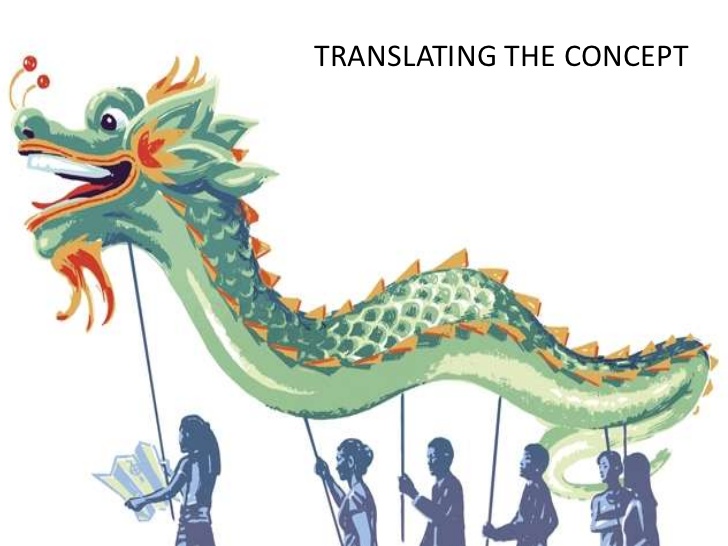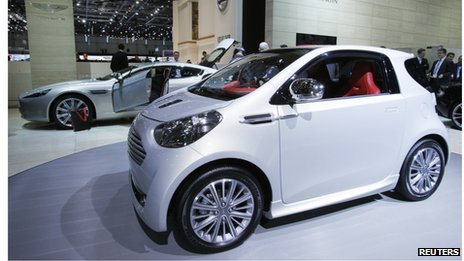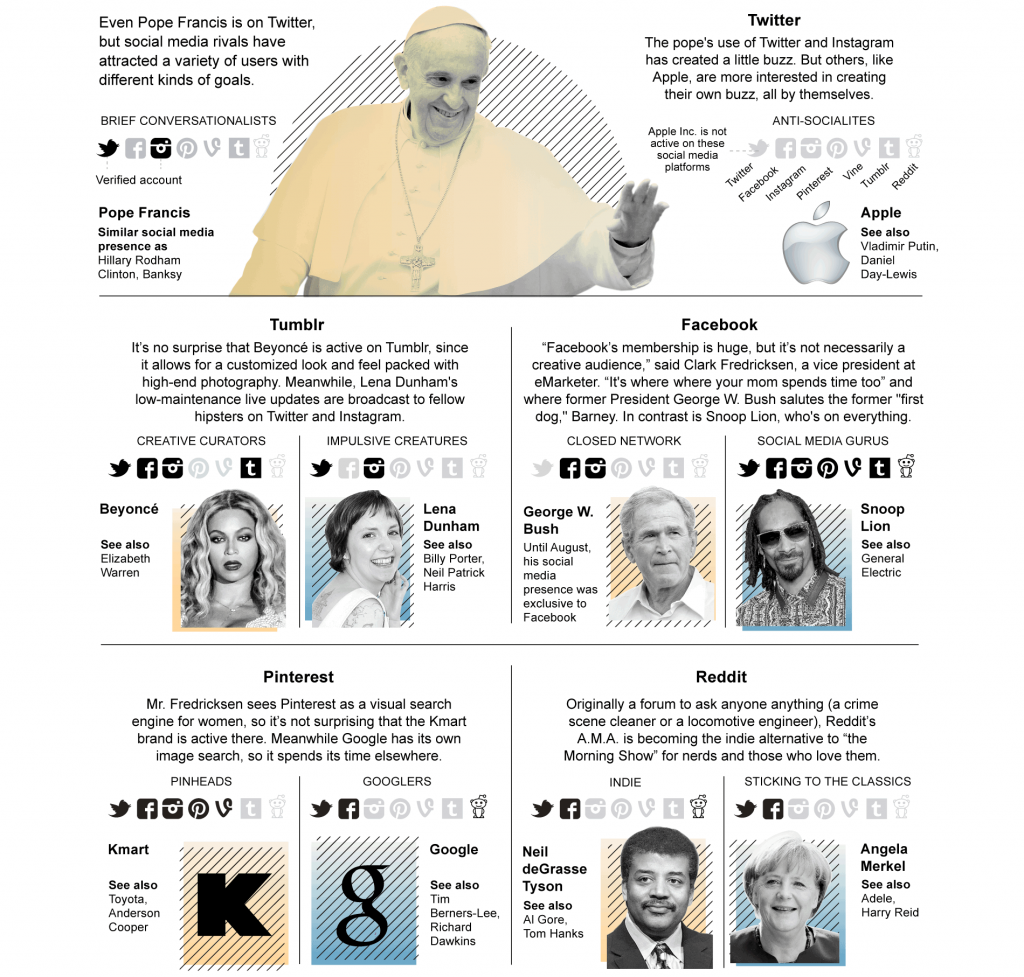How much do you know about entrepreneurship?
This blog refers to Slava Rubin’s blog “Ignore these startup myths”. (http://upstart.bizjournals.com/resources/advice/2012/10/31/slava-rubin-ignore-these-startup-myths.html?page=all)
Before Class 20 Innovation & Entrepreneurship in Comm 101, my understanding of successful entrepreneurs was risk takers who can come up with innovative ideas and find the best time to launch their products or services. However, the lean start-up concept totally changed my thought. The “five myths of startup” written by Slava Rubin, the CEO of Indiegogo which help thousands of entrepreneurs bring their startups successfully, makes the idea of entrepreneurship clearer to me.
1. There is no “right” time to start.
Slava Rubin and his partners started Indigogo during the financial crisis in 2008, the biggest economy decline recently. However, the company “has hosted more than 100,000 funded campaigns and become one of the most popular crowdfunding sites on the web.” Indiegogo’s success shows that there is no right time to start a business as long as when you are passioned about an idea and ready to conduct it.
2. It’s not all about idea.
Idea may be crucial, but the demand of your customers determines whether the idea will be successful or not. So here comes the lean start-up concept. No matter how brilliant your ideas are, the primary focus should always be on collecting customers’ feedbacks. Rather than sticking on detailed business plan based on assumptions, it’s better do experiments with your customers because markets can change more quickly these days.
Sources:
Indiegogo’s Slava Rubin on the Myths of Entrepreneurship (March 11, 2013) Retrieved Nov. 17, 2013 from Entrepreneur.:http://www.entrepreneur.com/blog/226048









